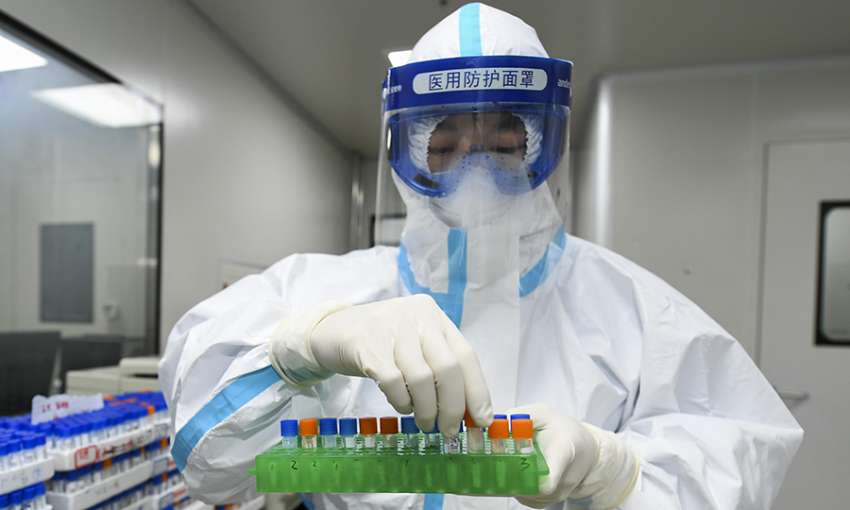Prevalence of the spread of Covid-19 in Mumbai’s slums has also been attributed to population density and use of community facilities. The sero-survey was conducted by BMC, TIFR and Niti Aayog.
Mumbai, July 29:
A serological survey conducted in Mumbai revealed that 57 per cent of the city’s slum residents and 16 per cent of those living in residential societies were once infected with the novel coronavirus but remained undiagnosed as they were asymptomatic.
Infection rate among women was found to be higher in the findings of the sero-survey. Mumbai’s civic body, the Brihanmumbai Municipal Corporation (BMC) conducted the serological survey along with the Tata Institute of Fundamental Research (TIFR) and the Niti Aayog.
Of the 8,870 people targeted 6,936 were surveyed indicating that people in non-slums were reluctant to take part in the survey.
These samples were collected from the general population in Mumbai’s three wards -Dahisar, Chembur and Matunga.
Prevalence of the spread of Covid-19 in slums has also been attributed to population density and the use of community facilities such as toilets and water points. In light of the current prevalence, the death rate of Covid-19 patients in Mumbai is still being considered low.
This sero-survey suggests that the low death rate can also be attributed to the enforcement of effective preventive efforts by the BMC along with its efforts to prevent further spread of infection and isolate symptoms. The worrying rise of confirmed Covid-19 cases in non-slum areas has also been reduced with the help of more cleanliness and social distancing.
As per the report, the duration of this survey was 12 to 14 days in the month of July, 2020.




